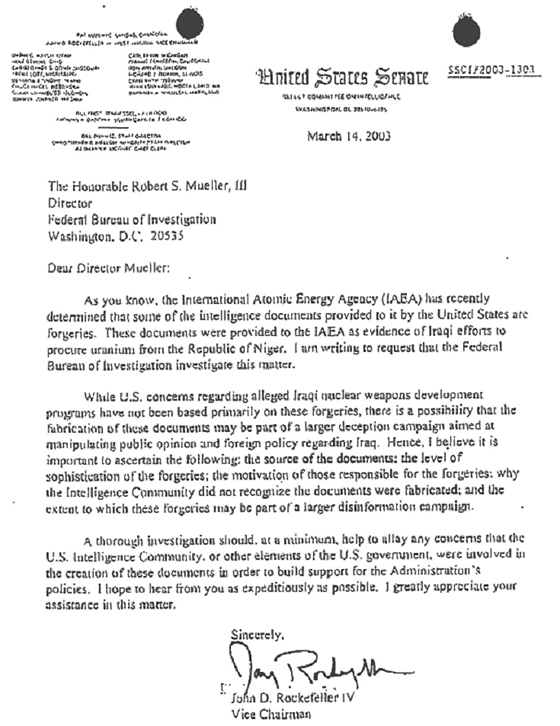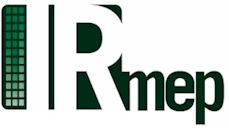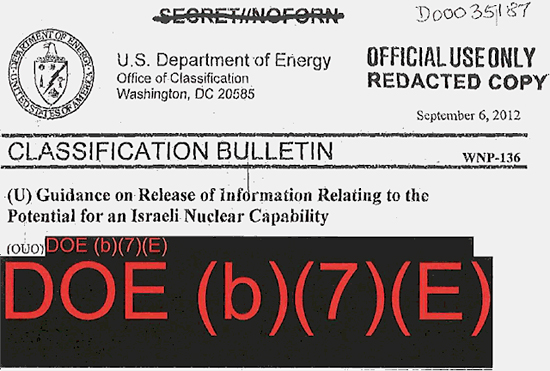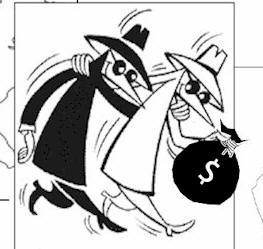Center for Policy and Law
|
Lawsuits and Freedom of Information Act (FOIA) filings
What is the Center for
Policy and Law? IRmep
research has revealed important laws are routinely broken by
Israeli and
Israel-linked U.S. organizations. IRmep's Center for Policy
and Law works to reveal, document, formulate pro-forma
evidence and file lawsuits to expose, challenge and obtain
damages for harmful and illegal policies.
What does Middle East policy have to do with law
enforcement? In
the 1940s, the Jewish Agency set up a massive arms smuggling
network in the United States. Although hundreds of
members were identified stealing
and smuggling arms in violation the
Neutrality and Arms Export Control Act, only
a few lower level operatives were
ever prosecuted. By the 1960s, Israel-linked groups
were stealing nuclear material and technology. In the
1980s Israel's LAKAM
technology and military secrets network was preying on
U.S. businesses and national defense infrastructure. In 2005 Israel's American lobby AIPAC was caught trying to
use stolen classified information to touch off military
conflict with Iran. Today, operatives conduct interventions
into US media and politics, but remain outside registration
under the the Foreign Agents Registration Act.
Important US
statutes, rarely
enforced, could contribute much more
to Middle East peace—but only if
Americans understand how law is related to
policy, and lawsuits are filed to call attention to and
challenge wrongdoing. Learn how to
support IRmep FOIA and legal filings.
Lawsuits
Freedom of Information Act Filings
 |
Lesson from
FBI's Niger Uranium Forgeries file
An analysis of
640 pages of FBI investigatory records obtained by
IRmep under the Freedom of Information Act
reveals how the FBI Director limited Senator John D.
Rockefeller’s urgent 2003 written demand for
accountability over faulty Iraq war intelligence
into a narrow overseas investigation. The released
files, originally scheduled for declassification on
December 31, 2028 document how FBI special agents
from the Washington Field Office trailed Niger
uranium sale forgery suspects in European regions
where they held little jurisdiction – but were not
allowed by FBI Director Robert Mueller to pursue any
officials in their own back yard that twisted
dubious intelligence to support the US invasion of
Iraq. The lesson is clear. Despite subsequent years
of Senate investigations into pre-invasion claims
that Iraq had a nuclear weapons program, Americans
are still vulnerable to the misuse of real and
fabricated intelligence deployed by unscrupulous US
government officials seeking to plunge the nation
into war.
To justify the 2003 US invasion of Iraq, White House
officials repeatedly used dubious intelligence to
publicly make accusations that Iraq had a
clandestine nuclear weapons program. The most
compelling accusation was that Iraq secretly sought
to purchase 500 tons of yellowcake uranium from
Niger to refine and produce nuclear weapons. It was
compelling because Iraq had only one plausible use
for uranium – making nuclear weapons. |
 |
Inside
Gallup's U.S. Mint fraud: Freedom of Information Act
Files
The Gallup Organization was criminally charged in
2012 under the False Claims and Procurement
Integrity Acts. The False Claims Act is the primary
tool the U.S. government uses, leveraging insider
whistle-blowers, to combat contracting fraud against
the government. An uncontested 57-page complaint
(PDF) reveals that Gallup intentionally delivered
deceptive data to the U.S. Mint, the U.S. Department
of State, and DHS (FEMA) to maximize profits on a
series of no-bid contracts. Among other acts alleged
in the complaint were keeping two sets of books and
making job offers to federal employees in positions
to renew Gallup’s lucrative government contracts.
Gallup's history and a review of Gallup’s actual
U.S. Mint work product—obtained from the U.S.
Treasury under the Freedom of Information Act and
made available here for the first time
online—reveals Gallup’s willingness to secretly
engage in fraud to protect lucrative serialized
polling contracts. This company culture should raise
questions about Gallup polls in categories where
there is no similar polling for verification
purposes or where Gallup results are inexplicably
wildly at odds—over long time periods—with other
pollsters. |
|











